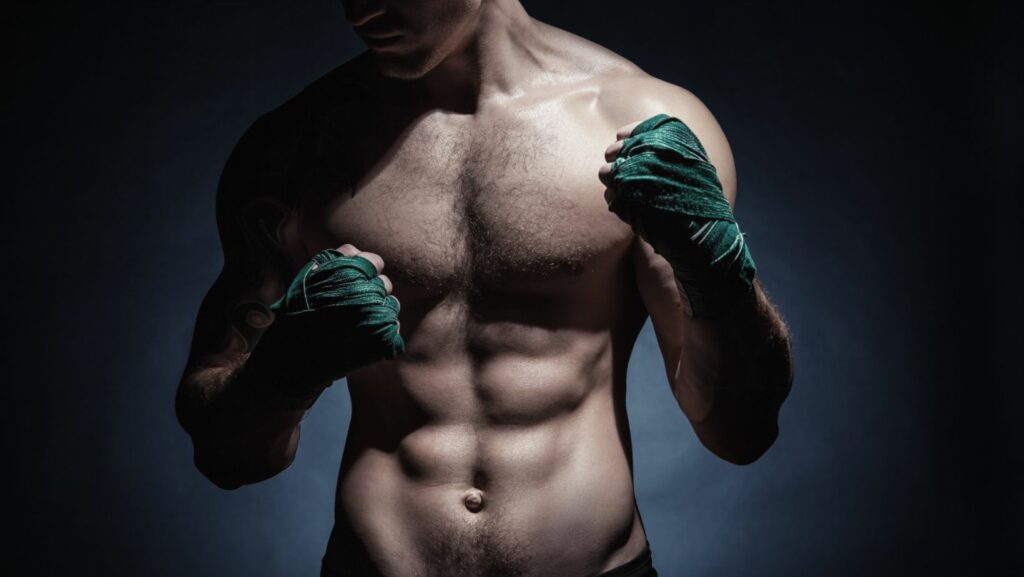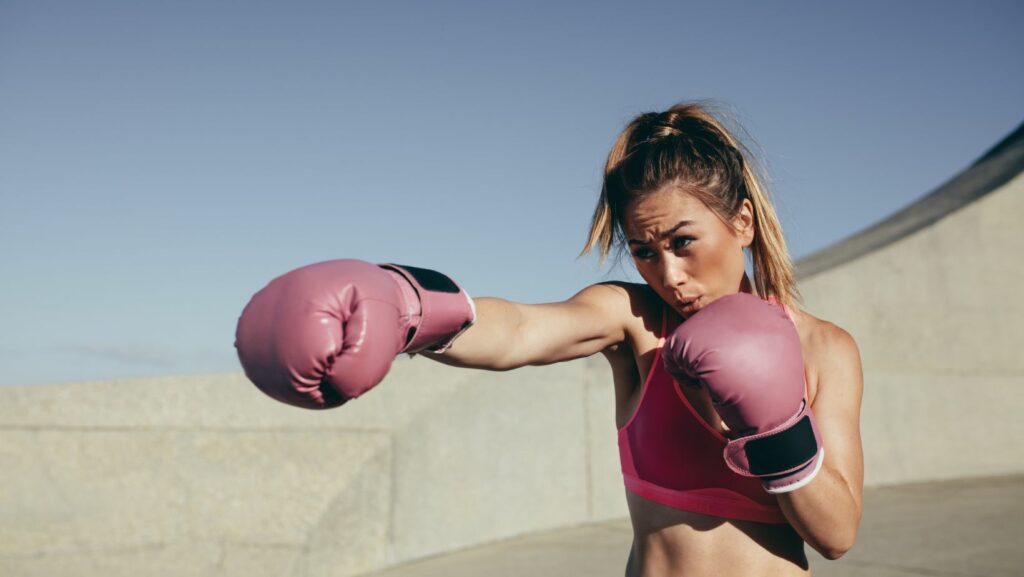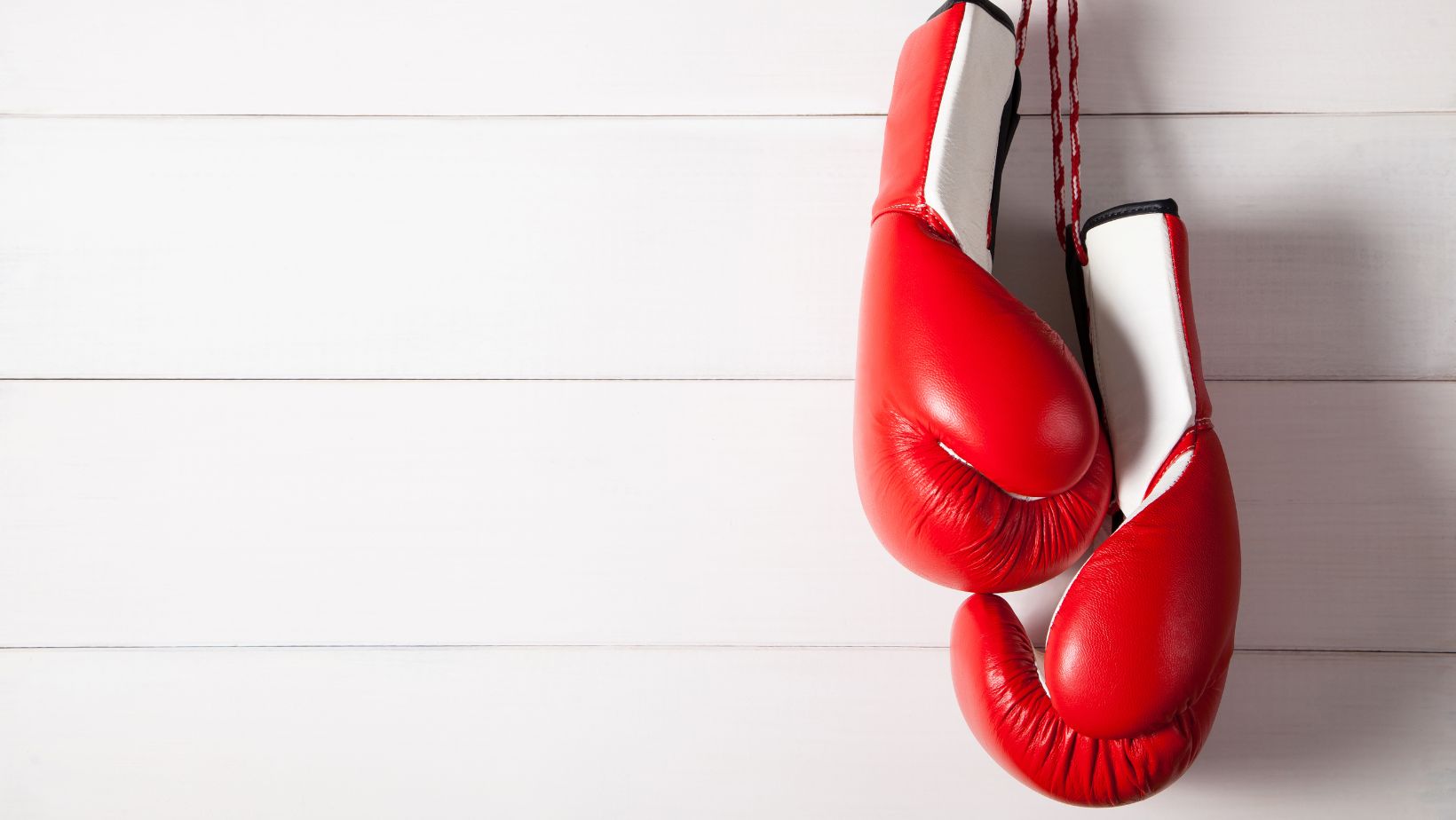Headgear has been a controversial topic in the boxing world for years. Some people argue that it improves safety, while others argue that it actually decreases performance. So, why is there no headgear in the Olympics?
How Headgear Affects Boxing Performance
It’s been a long-standing debate in the boxing community — does headgear hinder performance or offer protection? The answer, it turns out, is not so simple.
Headgear does offer some advantages, chief among them being the prevention of cuts and abrasions. In a sport where one of the main objectives is to score points by landing punches cleanly on an opponent’s head, any barrier that prevents those punches from making contact can be seen as an advantage.
That being said, headgear also has some drawbacks. For one, it can impede vision, making it more difficult for boxers to avoid incoming punches. It can also make it harder to hear the cornerman’s instructions during a fight. Additionally, headgear can add to the already significant amount of weight that boxers have to carry around during a fight, which can lead to fatigue.

So why isn’t headgear used in the Olympics? In short, because the International Boxing Association (AIBA) doesn’t mandate its use. Some Olympic boxers do choose to wear headgear, but it’s ultimately up to each individual fighter.
The Benefits of Headgear in Boxing
There has been a longstanding debate in the boxing community about the benefits and drawbacks of headgear. Some boxers feel that headgear protects them from serious cuts and concussions, while others believe that it inhibits their performance and puts them at a disadvantage.
The question of whether or not to wear headgear in boxing was put to the test in a study conducted by the University of Alberta in Canada. The study found that, while headgear does protect against cuts, it does not reduce the risk of concussion. In fact, researchers found that boxers who wore headgear were more likely to suffer from concussion than those who did not.
While the study’s findings are certainly food for thought, the decision of whether or not to wear headgear during a bout is ultimately up to the boxer. For many, the benefits of headgear outweigh the risks; for others, the opposite is true.
Why no Headgear in Boxing Olympics
Headgear is not allowed in Olympic boxing, despite the fact that it is mandatory in nearly all other levels of the sport. There are several reasons for this, but the most significant one is that headgear can actually hinder a boxer’s performance.
First, headgear can limit a boxer’s field of vision. This can be a particular problem when boxers are trying to defend themselves against right-handed opponents, as they will often be looking through the headgear towards their left shoulder. This means that they will have less time to react to punches coming from their right.
Second, headgear can also absorb sweat and make it difficult for boxers to see clearly. This can be a particular problem in hot conditions, as the sweat will run down into the eyes and impair vision.
Third, headgear can also make it more difficult for boxers to hear their cornermen. This can be a problem when boxers are trying to follow instructions during a fight, as they may not be able to hear what their cornermen are saying.
Fourth, headgear can also reduce the amount of force that a boxer can generate with punches. This is because headgear absorbs some of the impact of punches, which means that the force of the punch is spread over a larger area. This can make it more difficult for boxers to knock out their opponents.
Finally, headgear can also give opponents an advantage when grappling or clinching. This is because headgear can make it more difficult for boxers to grip their opponents, which makes it more likely that they will be thrown off balance or taken down.
How Headgear Affects Safety in Boxing
Headgear has been shown to reduce the incidence of both concussions and lacerations in boxing, but its effectiveness in preventing more severe injuries is unclear. Some argue that headgear actually increases the risk of more severe injuries, such as skull fractures, by creating a false sense of security and causing boxers to take more risks.

The International Boxing Association (AIBA) recently voted toremove headgear from competition at the 2016 Olympic Games in Rio de Janeiro, Brazil. The AIBA cites research showing that headgear does not significantly reduce the incidence of concussions, and that boxers are actually more likely to be knockoutedin headgear than without it. The AIBA also argues that headgear can hinder visibility and hearing, and that it can cause lacerations when boxers are accidentally poked in the eye.
What do you think? Should boxing be contested with or without headgear at the Olympic Games?
How Headgear Affects The Scoring of Boxing Matches
While there are a number of ways to score a boxing match, headgear has been shown to affect the scoring of boxing matches. In general, headgear worn by boxers during competition tends to reduce the amount of blows to the head that are landed by their opponents.
As a result, boxers who choose not to wear headgear may be at a disadvantage when it comes to the scoring of their bout. In addition, headgear may also affect the way that punches are landed, and may lead to more punches being landed on the back or sides of the head, which can also lead to a lower score.
How Headgear Affects The Popularity of Boxing
The use of headgear in boxing has been a controversial topic for many years. Some people believe that headgear makes the sport more dangerous, while others argue that it protects fighters from serious injuries.
The International Boxing Association (AIBA) recently decided to ban the use of headgear in all Olympic boxing competitions, starting with the 2016 games in Rio de Janeiro. This decision has been met with mixed reactions from the boxing community.
Some people believe that headgear makes boxing more difficult to watch because it can obscure fighters’ faces and make it harder to see punches being landed. They also argue that headgear can make the sport more dangerous because it can give fighters a false sense of security and lead to them taking more risks.
On the other hand, many people believe that headgear is essential for protecting boxers from serious injuries, such as concussions and cuts. They argue that AIBA’s decision to ban headgear is short-sighted and will ultimately lead to more injuries in the long run.
Only time will tell how this decision affects the popularity of boxing at the Olympics.
